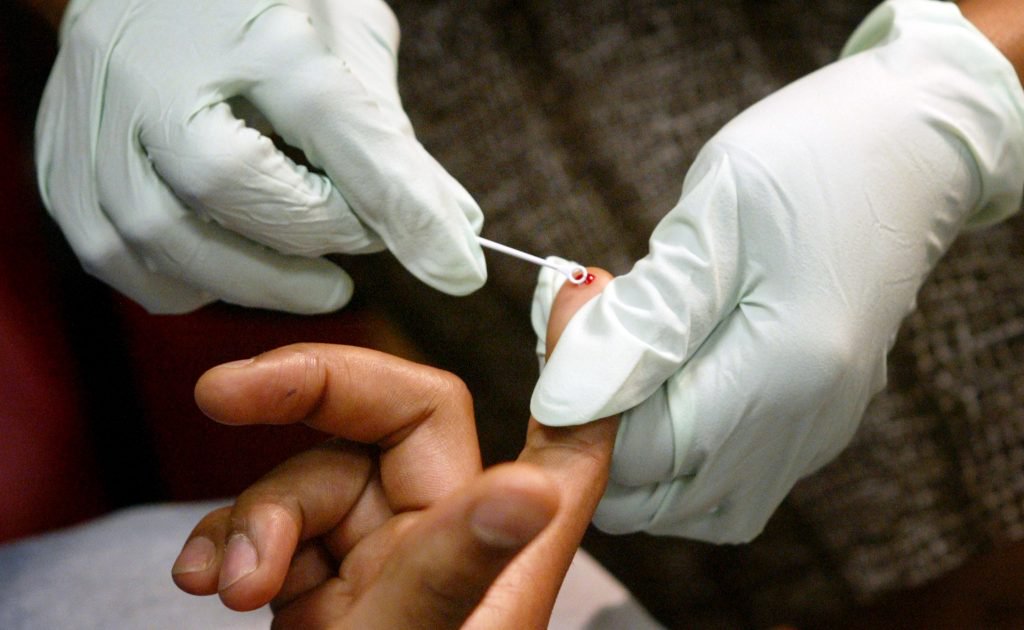Shocking study finds more than 30 per cent of people won’t shake hands with someone with HIV
The new study has been released ahead of World Aids Day on December 1
By Steve Brown

Words: Steve Brown
A shocking study has found more than 30 per cent of people won’t shake hands with someone living with HIV.
Ahead of World Aids Day on December 1, a new study by Prevention Access Campaign and pharmaceutical giant Merck found alarming statistics around the virus.
The study found that around 30 per cent of HIV-negative people between 23 and 36 would not interact socially with someone living with the virus.
Around 28 per cent of respondents also said they have avoided hugging, talking to or being friends with someone with HIV.
Up to 34 per cent of people said they have also avoided shaking hands or sharing food, drinks or utensils with HIV-positive people.
Shockingly only 31 per cent of people knew that undetectable means untransmittable, with 50 per cent believing the virus can be passed when someone is undetectable.
Bruce Richman of the Prevention Access Campaign said: “Despite scientific advances and decades of HIV advocacy and education, the findings highlight a disturbing trend: young adults overwhelmingly are not being informed effectively about the basics of HIV.
“These findings are a call to action that the crisis in the United States is far from over.
“It’s time to elevate a real conversation about HIV and sexual health among America’s young people, and roll out innovative and engaging initiatives to educate and fight HIV stigma.”
Dr Peter Sklar of Merck added: “It’s clear based on these findings, unmet needs exist among vulnerable populations across our country.
“Understanding the problem is the first step in preventing a deepening of the HIV epidemic.
“We must continue to search for ways to better understand young people’s perceptions of HIV, promote safer sex behaviours and drive education and action in this population.
“It’s time to act. We are proud to champion these important issues with Prevention Access Campaign.”
